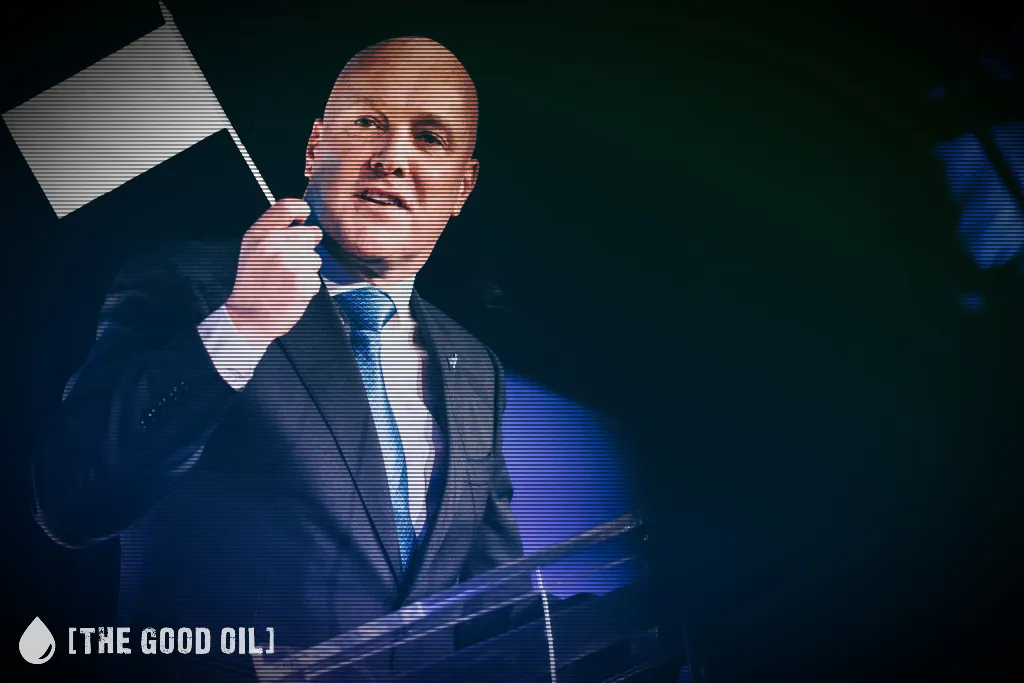Table of Contents
Last year I undertook quite a bit of research on the British Empire and what I discovered is both profound and a warning to the Māori with their endless whining about ‘colonialism’ – as if the British giving Māori everything which comprises Māori day to day life has been a bad thing.
Picture the scene: back in the days of the Empire, a Lord sends his younger son to the West Indies, or Africa, or India or wherever. Land is bought and they grow coffee, tea, rubber or mine for minerals – a range of different undertakings. They battle the climate, malaria, natives, slow communications and pestilence, but eventually make a go of it. Eventually their colonial holdings make a profit. It was not the easiest way to make a living or add to the family fortune.
Whilst this was going on the British Government decided to simply add these places to its empire and govern them. We all know the story and, on the whole, the British were good colonial administrators: they were there to rob the place, so their governance tended to be fairly benign.
In predictable fashion, good times breed weak men and a couple of generations of feeble ‘establishment’ types – the sort of people who appeased Hitler in the 1930s – sprang up post-war and decided to divest Britain of its Empire. Hand-wringing and self-loathing is not exactly a new thing: these are the sort of people Margaret Thatcher despised and with good reason. So the British pulled out and condemned vast numbers of people to mass murderers like Idi Amin, Robert Mugabe, Hastings Banda and numerous others. It was, after all, what they supposedly wanted – independence. Using the sort of rhetoric reminiscent of the Māori today, it was all, ‘Ha! We showed ’em! We kicked the British out.’ Except that it is not quite true.
What actually happened was something like this: the wealthy families who sprang up during the days of Empire simply kept their heads down for a couple of generations. Ironically it was because of Margaret Thatcher that many of them made a comeback that has morphed into their current situation.
When you look at the websites and drill down into the fine print in the annual reports of various financial firms in Canary Wharf or ‘The City’ in London, you find something rather intriguing: in dozens and dozens of instances, these firms are owned and run by the exact same families.
Instead of having to actually head to Africa, the West Indies, India, Malaya or wherever, and struggle for 30 years to make a go of things, their great-great grandsons sit in their plush offices, click a button on their computer, and trade the exact same commodities produced in the exact same places. They buy the rubber, the tea, the wattle and 1001 other commodities and 45 minutes later they sell it, make 10,000 quid and head to their club for a long lunch, before coming back and doing it all again tomorrow, whilst hundreds of millions of people in India and Africa live in poverty.
In short, nobody in 400 years gets the better of the British: the British just think of easier ways to screw people. If the Māori party and others weren’t so ignorant of both history and other matters they would think very carefully before crossing the British.









